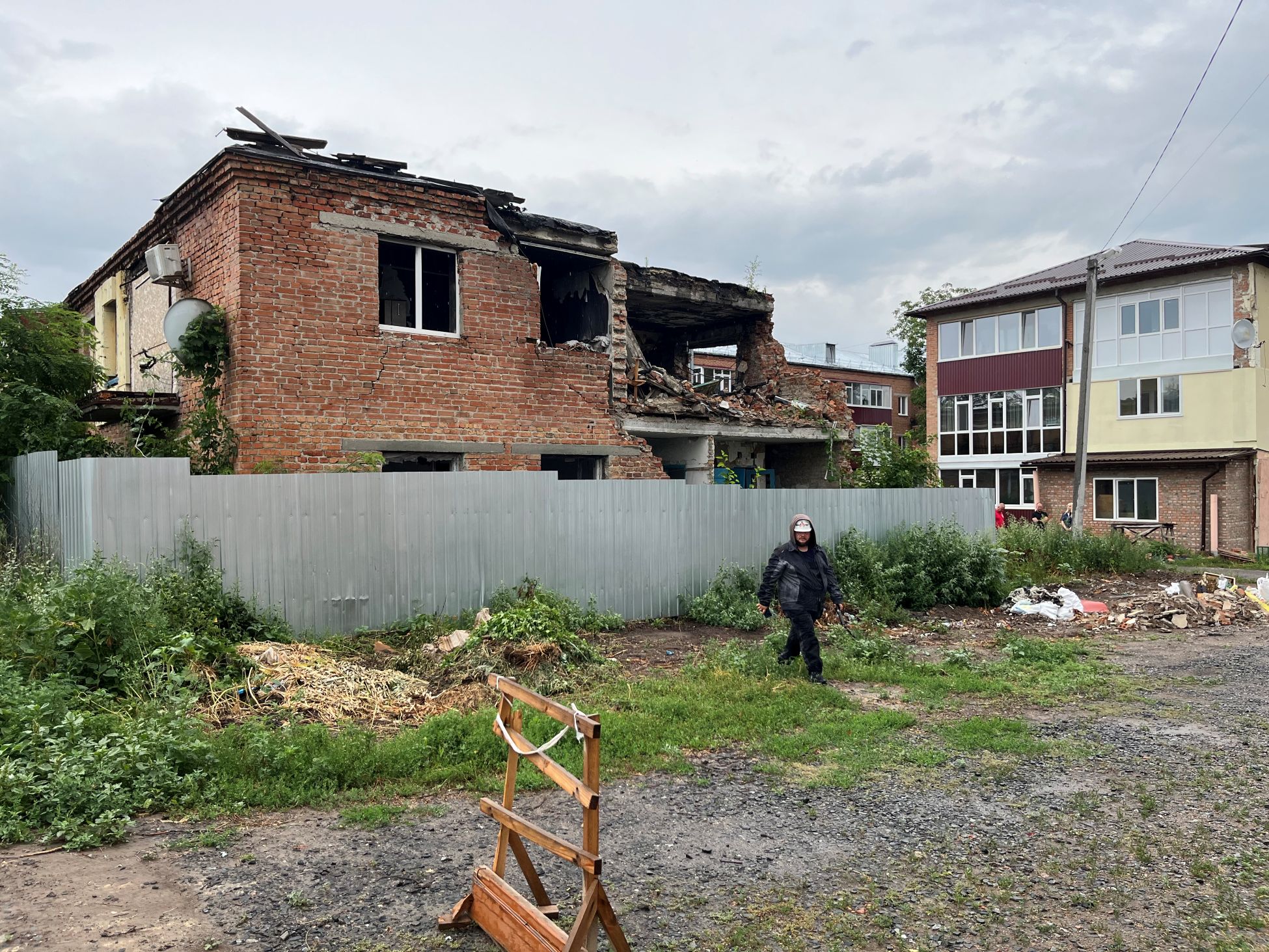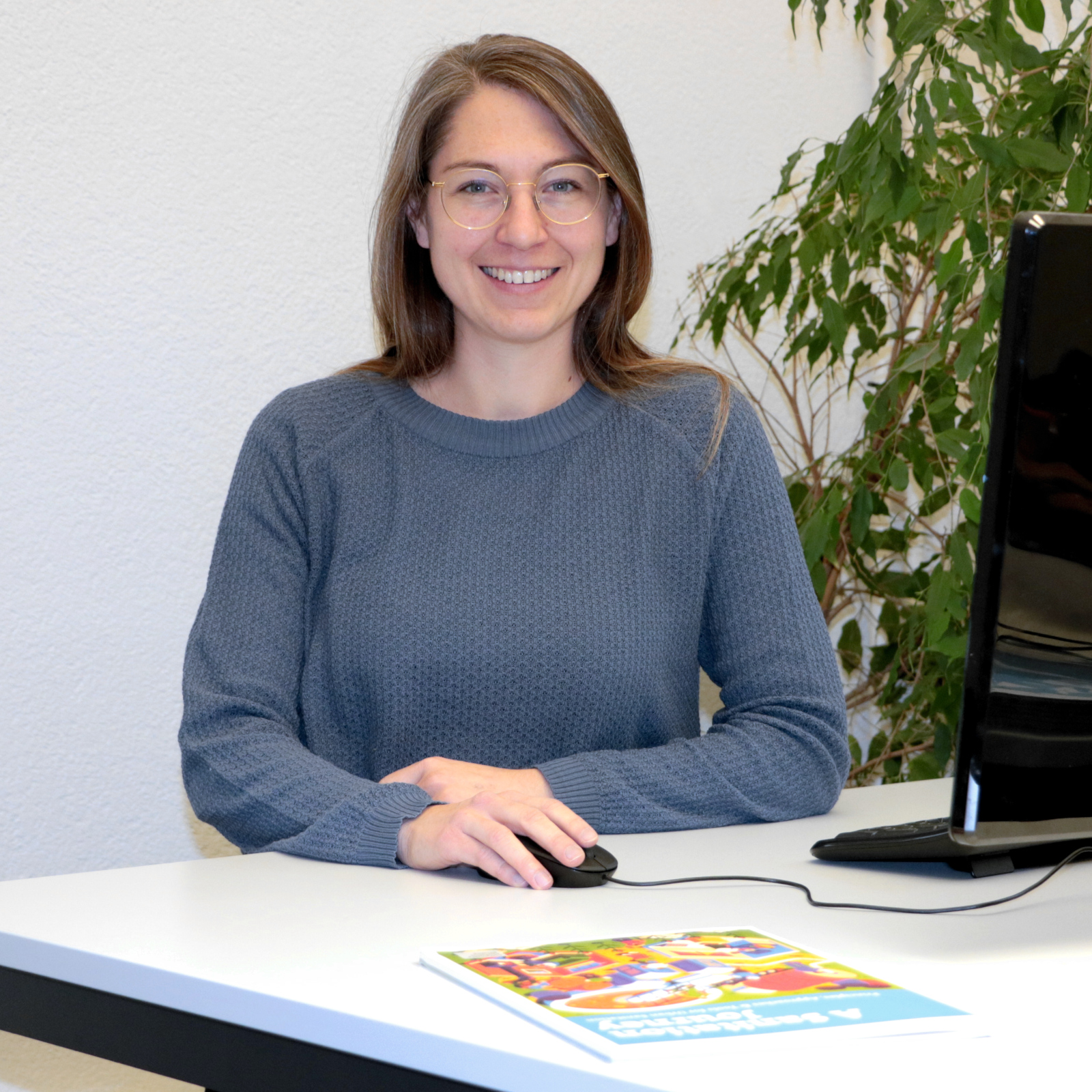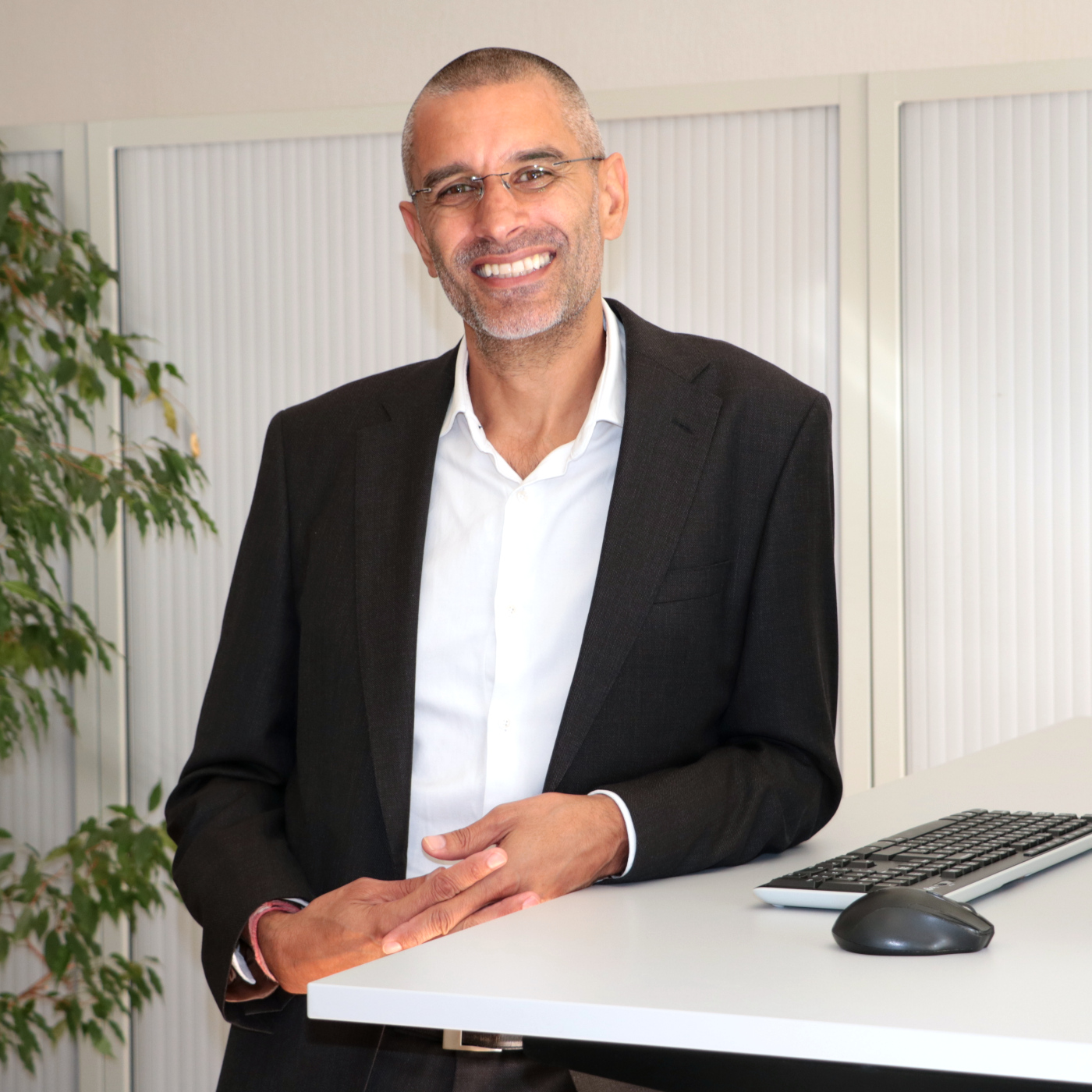
Sustainable Reconstruction Demonstration project - Preparatory Phase I
Location
Ukraine
project period
April 2025 – August 2025
client
SDC(Program funding by Swiss Development Cooperation)
Services provided
Partner organisation
HEKS/EPER
The Sustainable Reconstruction Demonstration Project in Ukraine aims to identify and prepare a pilot renovation of a conflict-damaged public building, focusing on energy and material efficiency. This initiative responds to the urgent need for reconstruction while aligning with broader environmental and development goals of Ukraine. As part of SDC’s 2025–2028 Ukraine programme, the project embraces a “build back better” approach, supporting both humanitarian relief and sustainable development. During the preparatory phase (Phase I), Skat together with HEKS/EPER assessed and shortlisted suitable buildings based on predefined criteria, conducted architectural assessments, and developed a preliminary scope of work and cost estimates. The project also evaluated supply chains for reused construction materials. A key outcome is the selection of one building for a detailed Phase II proposal. Skat’s role included project management and technical coordination, with the broader goal of promoting the replication of sustainable reconstruction practices in Ukraine.
Conflict-related building damage in Ukraine continues to hinder access to essential services. Various humanitarian programmes are ongoing to support the provision of public services. Beyond addressing immediate needs for public service provision, construction is a major component of post-conflict reconstruction in Ukraine.
The Lugano Principles outline a sustainable reconstruction framework aligned with the 2030 Agenda, the Paris Agreement, and Ukraine’s EU aspirations. Sustainable reconstruction—focusing on renovation, material reuse, and energy retrofitting—offers significant potential to reduce environmental impacts while meeting humanitarian and development needs. SDC’s Ukraine country programme 2025-2028 is addressing environmental sustainability and follows a 'build back better' (BBB) approach, currently piloting such efforts.
SKAT and HEKS/EPER Ukraine have submitted a project proposal for conducting a preparatory phase (I) of the Sustainable Reconstruction Demonstration Project.
Main objectives and activities
The objective of the project is to conduct a preparatory phase I to assess and select a sustainable reconstruction demonstration project. This pilot project is intended to serve as a building model optimized for the renovation of an existing conflict-damaged building, with a design optimized for energy and material efficiency. The initiative aims to demonstrate principles of sustainable reconstruction through practical application. In addition, the project includes the dissemination of information regarding the demonstration project to authorities, construction professionals, and building owners to promote wider replication of sustainable construction within Ukrainian reconstruction.
The envisaged sustainable reconstruction demonstration project is intended to address two parallel objectives: to meet an immediate humanitarian need while providing a demonstration model of sustainable reconstruction.
The approach of the project intervention can be summarized as follows:
Definition of project parameters and selection criteria
Selection of potential buildings (long and shortlist)
Inspection and assessment of shortlisted buildings, selection of one building to be considered for phase II
Elaboration of a detailed project proposal for the implementation phase II
Reporting, monitoring and evaluation
Results and Skat services
The result of the project is to find a suitable object for sustainable reconstruction that fulfills the twofold objective of addressing a humanitarian need and is suitable as a demonstration model for sustainable reconstruction. Skat’s services focused on overall project management and technical coordination. Skat led the project parameter workshop and contributed to the development of the longlist of potential reconstruction projects. It was responsible for conducting the architectural assessments of the shortlisted buildings and for defining the scope of work required for building repairs. In addition, Skat provided a preliminary cost estimation, including a cost-benefit analysis and considerations for operation and maintenance costs. The evaluation of supply chains for reused materials also formed part of Skat’s responsibilities, ensuring the integration of sustainable construction practices into the project framework.


